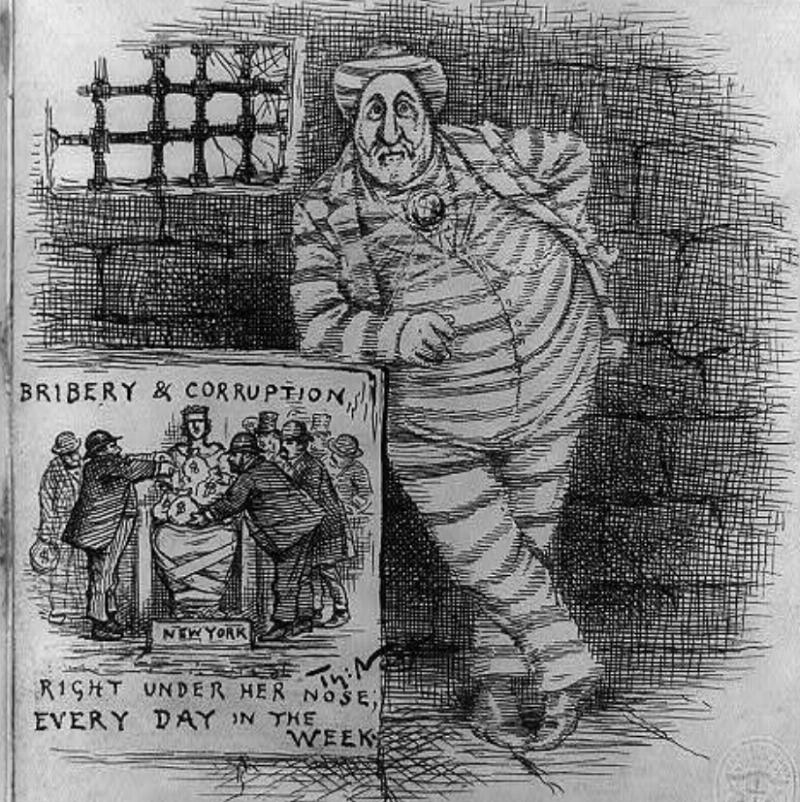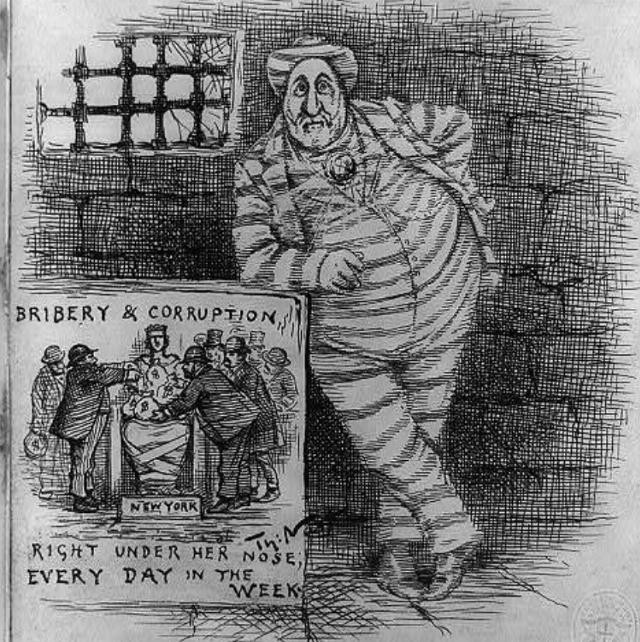


It is confounding how politicians, especially members of Congress, manage to increase their wealth far beyond their pay or inherited assets. This is epitomized by the ghastly Nancy Pelosi, whose wealth mushroomed unfathomably after she became House speaker. It’s speculative, but she may -- may -- have passed hints to her trading hubby before others even had a chance to “read the bill.” Maybe her husband has uncanny trade timing; or maybe she blurted things out in her sleep, and has plausible deniability. (Peter Schweizer has interesting things to say about this.)
Regardless, it is understandably tempting to sanctimoniously react by imposing a stock trading ban on all members of Congress (and other officeholders). Senator Josh Hawley (R-MO) has fallen for this simplistic approach, joined by not one single Republican, but many Democrats. No wonder President Trump calls him a “second-tier” senator who has been co-opted by Dems.
The myopic senator (at least on this issue) is shepherding through the Homeland Security and Government Affairs Committee the Pelosi-cum-Honest act. In part, it proposes to ban all members of Congress and their spouses from trading stocks while in office. There are a few other tidbits, including banning other officeholders (including the President and Vice President after Trump’s term).
The first obvious point is that such a ban may further dumb-down the pool of potential congressional candidates. In our MAGA meritocracy, making money legally is to be extolled, especially if it is a reward for also increasing societal wealth through capital deployment in innovative technologies. Admittedly, trading on insider information likely crosses the line of propriety, and becomes downright nefarious if a politician cajoles others to vote for an outcome that benefits a company in which he holds stock.
However, congressional stock trading is not necessarily dubious, let alone scandalous. Politicians’ privileged knowledge of the intricacies of American business sectors, emerging technologies (e.g. AI and cryptocurrency), and regulatory oversight may be unavoidable, but the disparate benefit need not be. Instead of a draconian ban on all their stock trading, the general public could also benefit. If you can’t beat them, join them.
Here’s one way: Exchange-Traded Funds based on assets that Congress members own. An ETF is a fund holding various assets (stocks, bonds, commodities) that can be bought and sold like a stock (allowing for more nimble trading than a typical mutual fund). There are ETFs for just about everything under the sun these days, composed of many different asset types and employing a variety of trading strategies along the continuum of bullish to bearish. And yes, there are ETFs that track congressional stock picks.
A recent count put the number of ETFs at about four thousand. Let’s add to that with additional ETFs composed of baskets of stocks owned by congressmen and their spouses. This data is available in the public domain, which “closes the information gap.” This online tool shows that elected politicians executed about 11,563 trades during the past year (through 28 July, 2025), so there’s fodder for multiple ETFs.
Here are two that track congressional stock trades, delineated by party. Perhaps there’s room for more based on committee assignment. It would be interesting to review their relative performances. Indeed, such transparency might alleviate trading shenanigans from the likes of “read it and weep” Pelosi (if applicable), while facilitating a potentially lucrative investment vehicle for the general public.
Given the public domain accessibility to lawmakers’ trading activities, and the potential for enhanced ETFs based thereon, Hawley may be looking for a solution in search of a problem. That’s often what regulatory zealots like the Dems he’s aligned with tend to favor. I’m afraid that President Trump’s brutal honesty about Hawley becoming a pawn of Dems (on this issue, at least) may be correct.
Besides, while his proposed legislation focusses on members and their spouses, they could still drop a few hints to their extended family members at the holiday gatherings. For example, by “casually” touting Ethereum and Stablecoins as the GENIOUS Act navigated its way through the legislative labyrinth. Not dissimilar, in a sense, to the “plastics recommendation” in the movie The Graduate. Nudge, nudge, wink-wink, and say no more.

Image: Library of Congress
